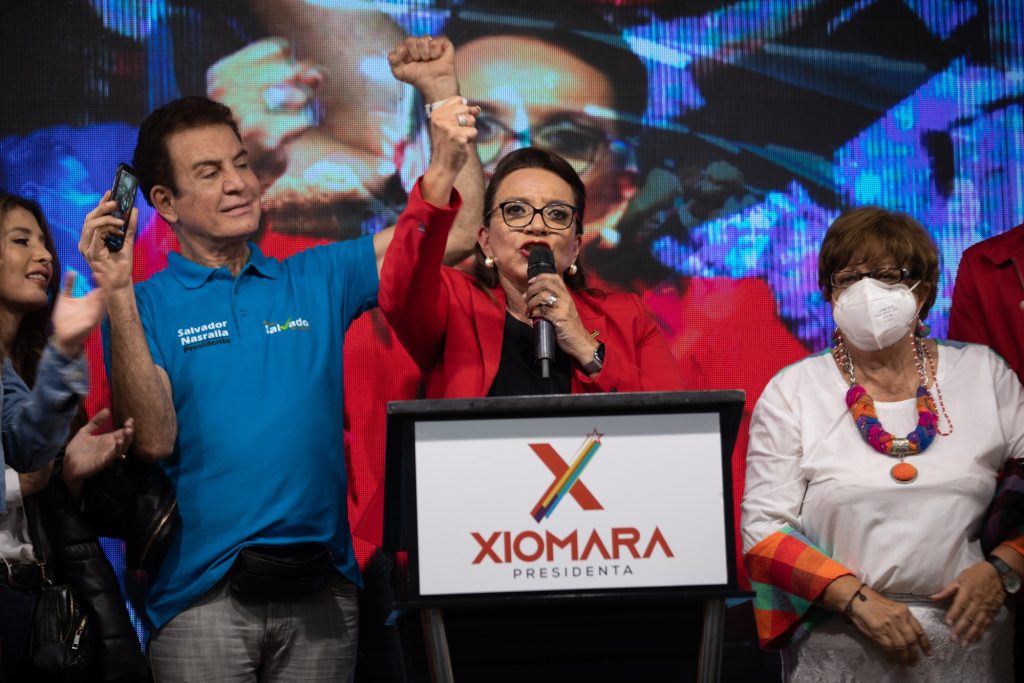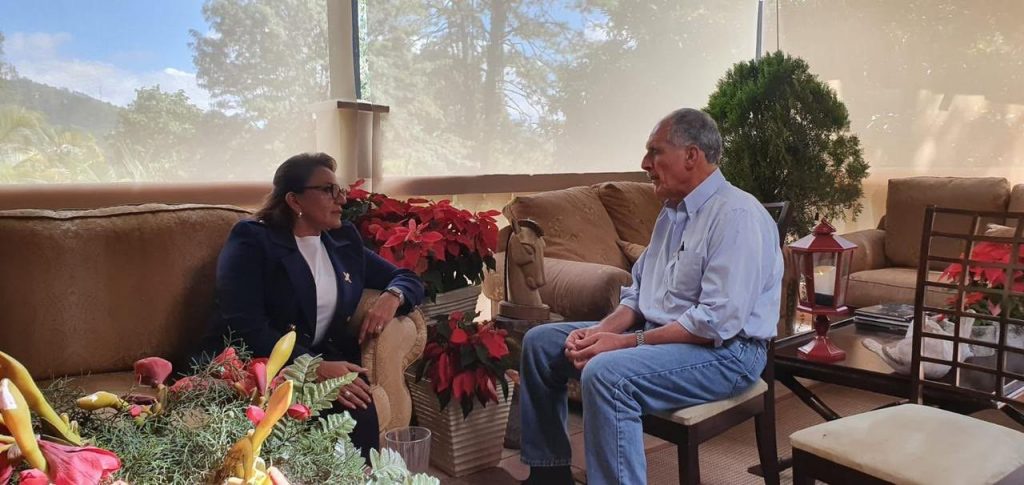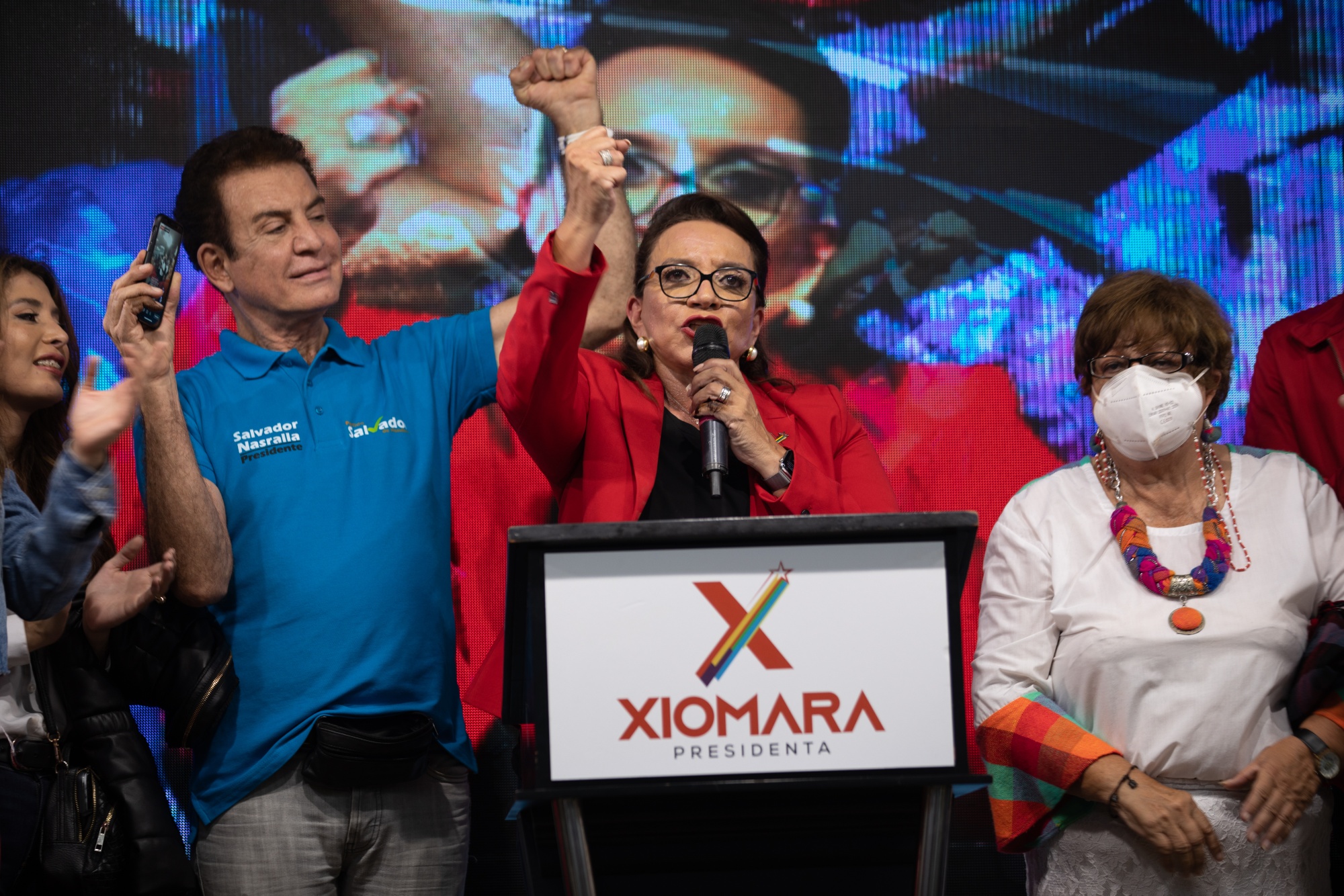Honduras Elects First Woman President, Votes Out Ruling Party
Liam Brucker-Casey
International News Editor/Assistant Editor-in-Chief
On November 28th Hondurans took to the polls and cast ballots on many national and regional offices in addition to the Presidency. The elections saw the end to the 12 years of power for the the right wing National Party and the victory of the first women to be elected President. The new President-Elect Xiomara Castro campaigned on a platform that would tax the rich, possibly loosen ties with Taiwan, and a collection of reforms that would tackle corruption and inequality. Castro has promised to decriminalize abortion, a reversal of the current President’s effort to codify the procedure’s illegality in the constitution earlier this year.

Castro, the wife of former President Manuel Zelaya, ran as the presidential candidate for the Liberty and Refoundation Party which was founded two years after Zelaya was removed from power in a coup. She is the first woman elected to the Presidency of Honduras.
For 12 years the Central American nation of about 9.5 million people has been governed by the conservative National Party. The National Party under outgoing President Juan Orlando Hernández has been beset by scandal. Just earlier this year the President’s brother, Juan Antonio “Tony” Hernández, was sentenced to life in prison in the United States on multiple drug trafficking charges that also implicated President Juan Orlando Hernández as being actively involved in turning Honduras into a major hub of the Cocaine trade.
The United States, especially under the Trump Administration, had for much of President Hernández’s presidency, been supportive of his leadership. After the Honduras election in December 2017 the US State Department recognized Hernández as the winner despite allegations of fraud and concern expressed by the Organization of American States, and EU observers.

In sharp contrast to the Trump Administration, the current US State Department recognized Castro as the winner, as did her main opponent, National Party candidate Nasry Asfura.
While some had been concerned by Castro’s remarks support of “democratic-socialism” and opposition to “neoliberalism” in the days immediately after her election their have been signals by those close to the President-Elect that Castro’s will not be a Presidency of complete reversal and realignment, but rather a shift to a more equitable and fair government. Castro’s stance on Taiwan before her election was one of possible reexamination, if not fully switching Honduran diplomatic recognition to China, but a close ally of Castro who will be part of her administration stated that Castro does not plan to recognize China. Regarding what type of economy Honduras will see in the coming years, a top aide suggested social democracy as found in Costa Rica is a more guiding model than Cuba or Venezuela.
Contact Liam at liam.bruckercasey@student.shu.edu

